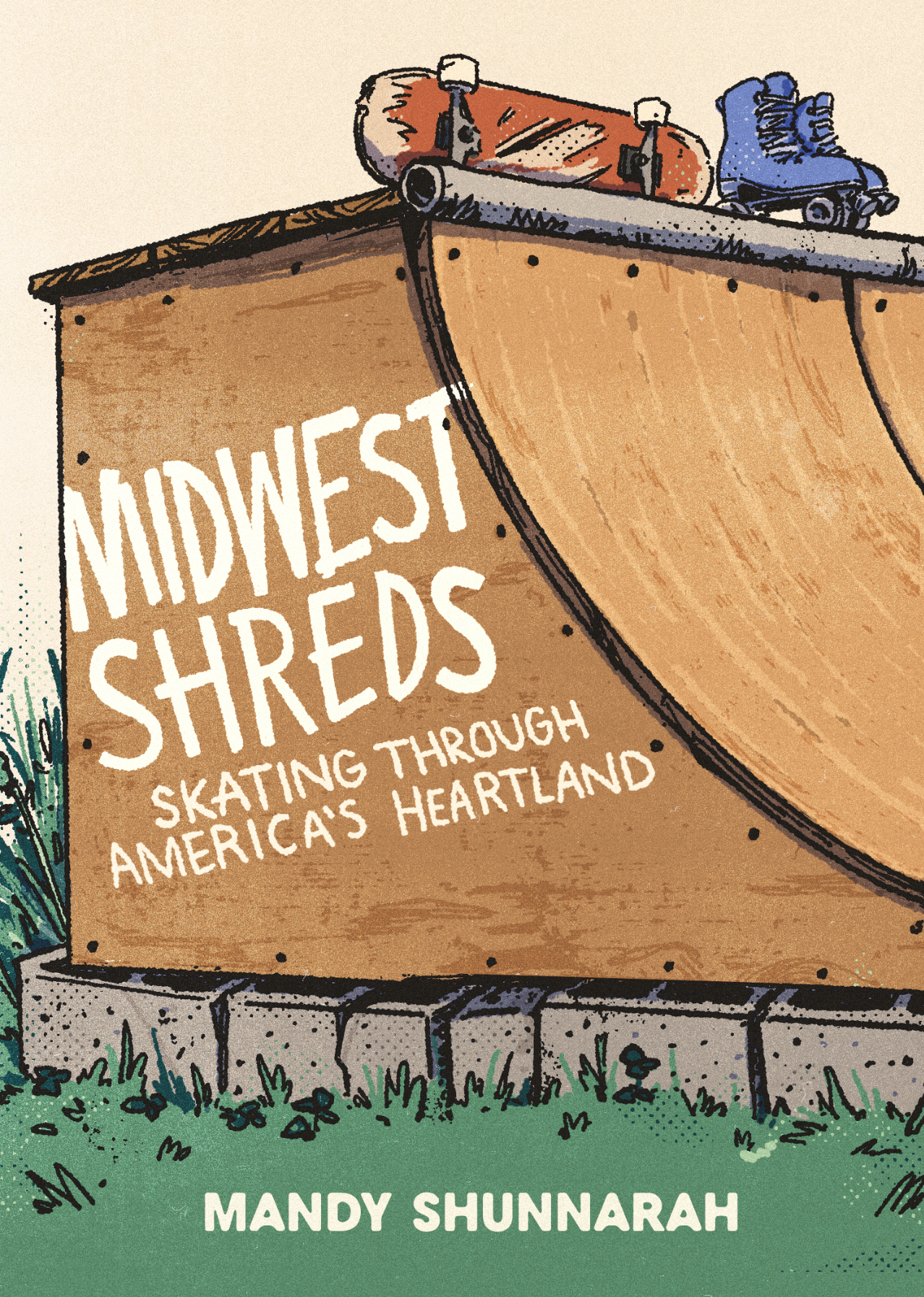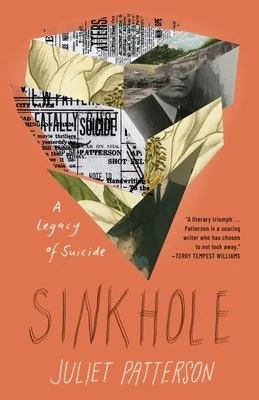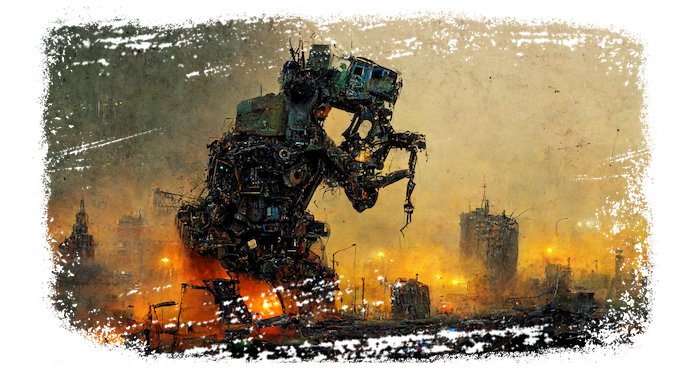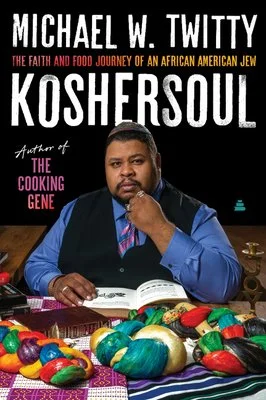Will There Be "Found Manuscripts" in the Digital Age?
Source: unsplash
In thinking back on 2015, there was an unspoken trend in the literary world. 2015 was the year of the found manuscript, as newly discovered stories from Harper Lee, Dr. Seuss, Sir Arthur Conan Doyle, Truman Capote, Charlotte Bronte, Edith Wharton, Percy Bysshe Shelley, and F. Scott Fitzgerald would prove.
Was there something in the bookish water that would lead to so many found manuscripts in a single year? After the controversy surrounding Go Set a Watchman, were hungry literary estate holders hoping to make bank on unpublished works? Or were they merely hoping to piggyback on some of the newly discovered manuscript hype?
It's hard to say for sure, but perhaps the better question is how manuscript discovery might manifest---or not---in the digital age, when many present-day authors keep their manuscripts on their laptops and external hard drives, or in the cloud.
Password protection and two-step authentication are arguably good things, but when they lock works of art behind their cyber-secure walls, they can become problematic. The issue raises a lot of ethical questions about creators' privacy, the management of literary estates, the future of literature, and the question of who art really belongs to---the creator or the people.
I can't help but wonder if the literary tycoons of today---people like Toni Morrison, Audrey Niffenegger, Sara Gruen, Lauren Groff, Ta-Nehisi Coates, Elizabeth Gilbert, and Jon Krakauer---would have lost manuscripts suddenly discovered a century from now, or if they'd be hopelessly lost in the wake of technological advances. In the past, when literary estates have been inherited, it's usually consisted of a trunk of papers and the transfer of the copyright. But if the literary estate is within a password-protected computer, the author will have to provide passwords as part of the literary estate to be passed on. If the author's forthcoming death is anticipated, such as a progressive illness, preparations can be made, but if the author's death is sudden, writing down lists of passwords may not have factored high on a to-do list.
Which raises the question, is it ethical to hack an author's computer to retrieve the writing locked therein? Or, is it only ethical for the recipient of the literary estate to hack the author's computer? If they are unable to do so, is it ethical to hire a hacker? Or perhaps there will come a day when readers have to accept that an author's published works are all they're going to get.
I don't claim to have the answers, but the questions are well worth considering, especially if you're a writer. Fortunately for us, we live in a time when manuscripts are actively being discovered, shared, and preserved. It's a wonderful time in the spectrum of human history to be a reader.
















